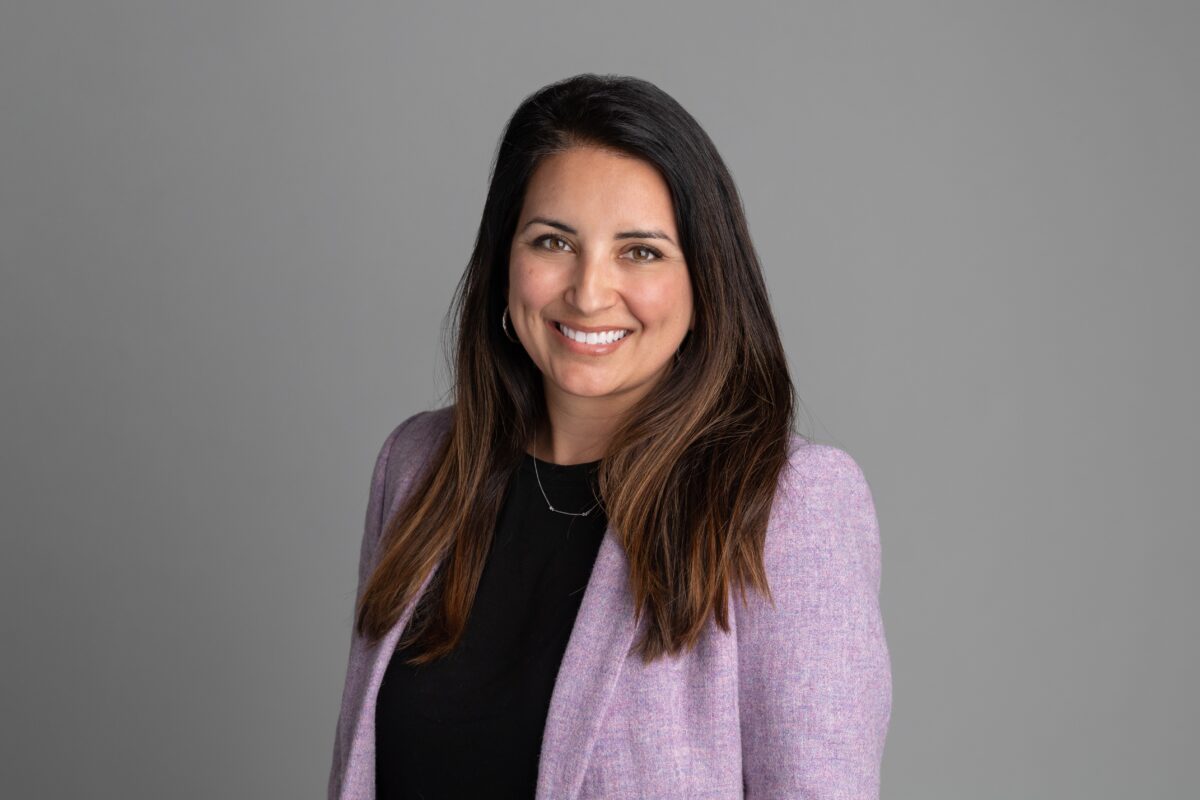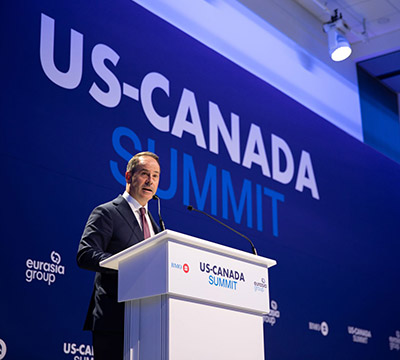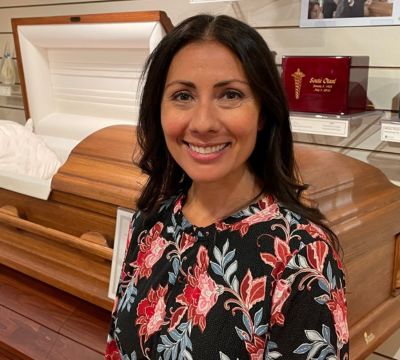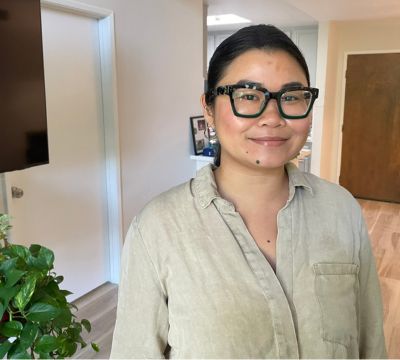Go BIG with DIG: BMO’s Diversified Industries Group (DIG) offers unparalleled opportunities for career growth
The Diversified Industries Group (DIG) is a subset of BMO’s Commercial banking operation, servicing middle-market businesses across a broad range of sectors including manufacturing, technology and industrial services, as well as unique specialty areas.

A DIG veteran, Kimberly Merchant is based in Orange County, California, where she serves as Managing Director and DIG & Verticals Head of Portfolio Management. She credits DIG’s unique business model and plentiful growth opportunities for fueling her career success.
Kimberly, many commercial banks operate in the same space as the DIG team. What sets BMO apart?
In addition to our standing as one of North America’s top five commercial banks, our deep expertise in niche specialty areas set us apart. For example, we have a thriving wine and spirits business, and a recognized expertise in franchise finance, which supports franchisees from some of the biggest foodservice and retail companies in the U.S. We partner with our colleagues in Engineering & Construction, Food & Consumer and Asset-Based Lending to provide bespoke solutions to our diverse client base.
DIG services clients across many different industries. How is the team structured?
We have generalist teams in each region, as well as specialty teams that service distinct sectors. But there’s a lot of flexibility built into the model. We encourage our people to pursue what we call a major and a minor area of focus, so that, even as they’re mastering one area, they’re building expertise in another.
There is also the opportunity to build up entirely new lines of business. This could be related to your location or even your personal interest. For example: one member of our team was really interested in the beauty industry, and she grew that into an entirely new segment for our team.
It sounds like you can have multiple careers within DIG.
Absolutely. Any time I’ve wanted to try a new industry or gain a new skillset, our leaders have been very supportive, providing me with the tools and connections to realize those opportunities.
On our team, you might start off as a generalist, and then think, wow, I’m really interested in a strategy or operations role. Or I’m passionate about the technology industry, so I’d like to specialize in that. Your personal goals might even inspire you to raise your hand for a move to another office, like I moved from our Chicago office to our Newport Beach office. If you’re a strong performer and willing to do the work, BMO will support you in those transitions. Our leaders are very focused on keeping our talent within the organization. It’s a big reason why I’ve stayed so long – I’ve just passed the 18-year mark with BMO.
What is the usual trajectory for people on the DIG team? Do they begin as generalists and migrate to a specialty, or the other way around?
You can go either way. I started as a specialist – first with our Capital Markets group covering business services clients, and then in Sponsor Finance, which serves portfolio companies of private equity firms. I then moved onto a generalist DIG role. I’ve learned a lot from each area of the bank, so I can’t really recommend one over the other.
One thing that BMO does very well is promote internal mobility. In our group, we recognize that moving our people across teams helps them develop a basket of skills that makes them more valuable to our clients and the bank.
From a client perspective, how does the BMO experience differ from other banks?
We deliver a seamless experience for our clients that’s rare among big banks. The way we think about our scorecards and our core values is different, and it promotes great cross-team collaboration. I see it every day when I need help or advice on something, and someone from another Commercial banking team – or even Capital Markets or Wealth – is willing to take time out of their day to help me deliver for our client.
What kind of candidate would be a good fit for DIG?
Curiosity is important. In a group that covers such a diverse range of company types, industries and products, you’re never going to be the expert. When you meet a new client, you need that sense of curiosity to ask the right questions and get to the heart of the client’s needs.
I like showing up to work in a Diversified Industries Group because I’m always learning about different businesses. On a typical day, I could be meeting with a tech company in the morning, then a manufacturing startup, then an established distribution company that’s transitioning ownership. That means I’m constantly switching gears in my head, which I love.
If you’re the kind of person who enjoys learning how businesses work in new industries, this is a great place to be.








